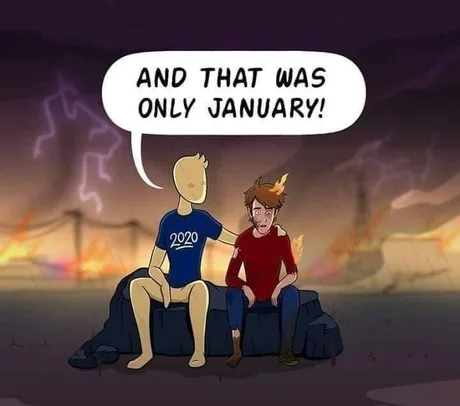science
[ sahy-uhns ]
noun
- a branch of knowledge or study dealing with a body of facts or truths systematically arranged and showing the operation of general laws: the mathematical sciences.
- systematic knowledge of the physical or material world gained through observation and experimentation.
- any of the branches of natural or physical science.
- systematized knowledge in general.
- knowledge, as of facts or principles; knowledge gained by systematic study.
- a particular branch of knowledge.
(from dictionary.com)
Efforts to turn the study of how wars are waged (and how to do it 'well') into a science had a mixed record in my opinion. The Soviets emphasized it a lot, but what I saw of it was many words with little meaning. Maybe the translations were poor.
There are also some mathematical approaches - in logistics, or the Lanchester equations, for example.
Fortifications became very largely a topic for geometrical thought and design by the 17th century in Europe.
 |
| Fortress design became an exercise in geometry, to ensure flanking fires and to protect critical surfaces against direct cannon fire for a while |
The scientific method is a most promising and extremely successful one. It separates opinion from facts (or sometimes the best known approximation of facts, such as with Newton's mechanics before the relativity theory was found). Its application is worthwhile in all areas of life in my opinion - sometimes quite formal, sometimes rather stealthy. You shouldn't write a mathematical model for a peer-reviewed paper to determine which food your friend loves the most, but a reasonable method for it would end up being compatible with the scientific method: You shouldn't disregard observable results, you shouldn't stick to old opinions after they were falsified in a test and so on. Making notes wouldn't hurt, either.
Economics uses the scientific method and the challenges are somewhat similar to the challenges in military except that we have much more practical activity to observe. Both fields are about intelligent beings in relationships that may be adversarial, cooperative or some often uneasy in-between.
Economics tried for decades to build an encompassing model of how the economy works and why by adding one tiny mosaic stone (tiny models) to another, hoping to explain behaviour as the consequence of many little inputs. Macro results were supposed to be explainable with microfoundations. The research activity was interesting, often enlightening and helpful - but microfoundations fall short of explaining macro results fully. The big meta models had thousands of variables, and still couldn't predict events or reactions to uncommon situations. The mosaic image never became complete (so far), and it may even be growing (thus we might never complete it).
This matters because unlike with a literal mosaic, you may get a completely wrong picture if but one of the critical pieces are missing. The conclusions and recommendations might be 180° off in economics if you forget but one aspect.
That's why those researchers who insisted on looking at macro outcomes directly proved to be rather better at explaining and predicting in the past decade of fairly unusual economic conditions.
I suspect that's what would happen to any attempt to fully explain warfare with a bottom-up approach. There would be many, many small insights, but we wouldn't get the full picture, ever. (It still makes sense to pursue the knowledge about the individual mosaic stones - but such knowledge warrants no high confidence in the conclusions gained. You may still have missed something crucial.)
So we can work on trying to understand warfare through a scientific process, but we would lack data, natural experiment would be very regrettable, most other experiments would be illegal and even a century of research efforts by ten thousands of researchers might not yield a complete picture.
We may be doomed to never get more than the occasional insight from applying the scientific method on tiny areas of the whole. Could looking at the macro level only be helpful in this case? I doubt it. Trivial answers would be easy to come by, but the shortage of data is a crushing shortcoming.
What's left is the scientific method and common sense. Logical reasoning, valuation of observed facts, acceptance of falsifications are important to avoid voodoo military theory. Uncertainty about the conclusions will prevail.
Personally, I also value parallels and patterns highly in absence of proper theories.
S O
.




